Field Force Optimization: From Traditional Sales Models to AI-Driven Strategies
AI is transforming pharmaceutical sales by enhancing HCP engagement, optimizing resources, and driving smarter decision-making. Discover how AI-driven strategies can elevate field force effectiveness and provide a competitive edge in today’s evolving landscape.
In today's fast evolving pharmaceutical landscape, optimizing field force effectiveness is no longer a choice, it’s a necessity. With AI-powered sales optimization improving HCP engagement by up to 40% and reducing inefficiencies by 30%, the shift from traditional sales models to AI-driven execution is not just about keeping pace, it’s about gaining a competitive edge. In an industry where every second matters, embracing AI isn’t just an advantage—it’s becoming essential to staying ahead.
The Traditional Sales Model: Limitations and Challenges
Historically, pharmaceutical sales have relied on broad-spectrum approaches, where sales representatives engage HCPs with standardized pitches. This method, while once effective, now presents several challenges:
- Limited Personalization: Generic messaging often fails to address the specific concerns or interests of individual HCPs, leading to disengagement.
- Inefficient Resource Allocation: Without precise targeting, time and resources may be expended on low-yield prospects.
- Data Silos: Fragmented data systems hinder the ability to gain comprehensive insights into market dynamics and customer behavior.
These challenges highlight the need for a smarter, more data-driven approach—one that AI is uniquely positioned to deliver
AI-Driven Strategies: Transforming Field Force Effectiveness
The advent of AI offers transformative solutions to these challenges, enabling pharmaceutical companies to optimize their field force through:
- Enhanced Data Integration and Analysis: AI systems can aggregate and analyze vast datasets from diverse sources—such as sales figures, HCP engagement metrics, and market trends—to generate actionable insights. This holistic view allows for more informed decision-making and strategic planning.
- Personalized Engagement: By leveraging machine learning algorithms, AI can identify the unique preferences and needs of individual HCPs. This enables sales representatives to tailor their interactions, fostering more meaningful and productive relationships.
- Predictive Analytics for Resource Optimization: AI-driven predictive models can forecast market trends and HCP prescribing behaviors, allowing companies to allocate resources more effectively and prioritize high-impact activities.
- Real-Time Support and Training: AI-powered virtual assistants provide sales reps with immediate access to information and training resources, enhancing their ability to respond to HCP inquiries promptly and accurately. For instance, generative AI has been shown to significantly reduce the time required for information retrieval, thereby improving response times.
- Continuous Performance Monitoring: AI facilitates ongoing assessment of sales strategies and individual rep performance, enabling dynamic adjustments and continuous improvement.
Industry Insights and Metrics
“The pharmaceutical industry is increasingly recognizing the value of AI in enhancing operational efficiency and market responsiveness. According to McKinsey & Company, AI has the potential to generate $60 billion to $110 billion annually in economic value for pharmaceutical companies by expediting drug discovery and optimizing sales strategies.
Furthermore, Gartner predicts that by 2025, more than 30% of new drugs and materials will be systematically discovered using generative AI techniques, underscoring the growing reliance on AI-driven methodologies in the pharmaceutical sector.”
The Road Ahead: Embracing AI for Competitive Advantage
For pharmaceutical organizations aiming to scale and optimize their sales force, AI is no longer an emerging trend—it’s a game-changer. Companies that effectively integrate AI into their sales operations can expect:
- Improved HCP Engagement: Personalized, data-driven interactions build trust and foster stronger relationships with healthcare providers
- Operational Efficiency: Automation of routine tasks and optimized resource allocation reduce operational costs and enhance productivity.
- Agility in Market Response: Real-time insights and predictive analytics enable swift adaptation to market changes and emerging opportunities.
At Agilisium, we help life sciences organizations unlock the power of AI-driven analytics and automation to create more personalized HCP engagement, optimize resources, and gain real-time insights. Moving from traditional to AI-powered field force strategies isn’t just about keeping up with technology, it’s about making smarter, more strategic decisions that drive real impact.
The question isn’t if AI should be part of your strategy, but how quickly you can make it happen. Let’s build the future of field force optimization together.


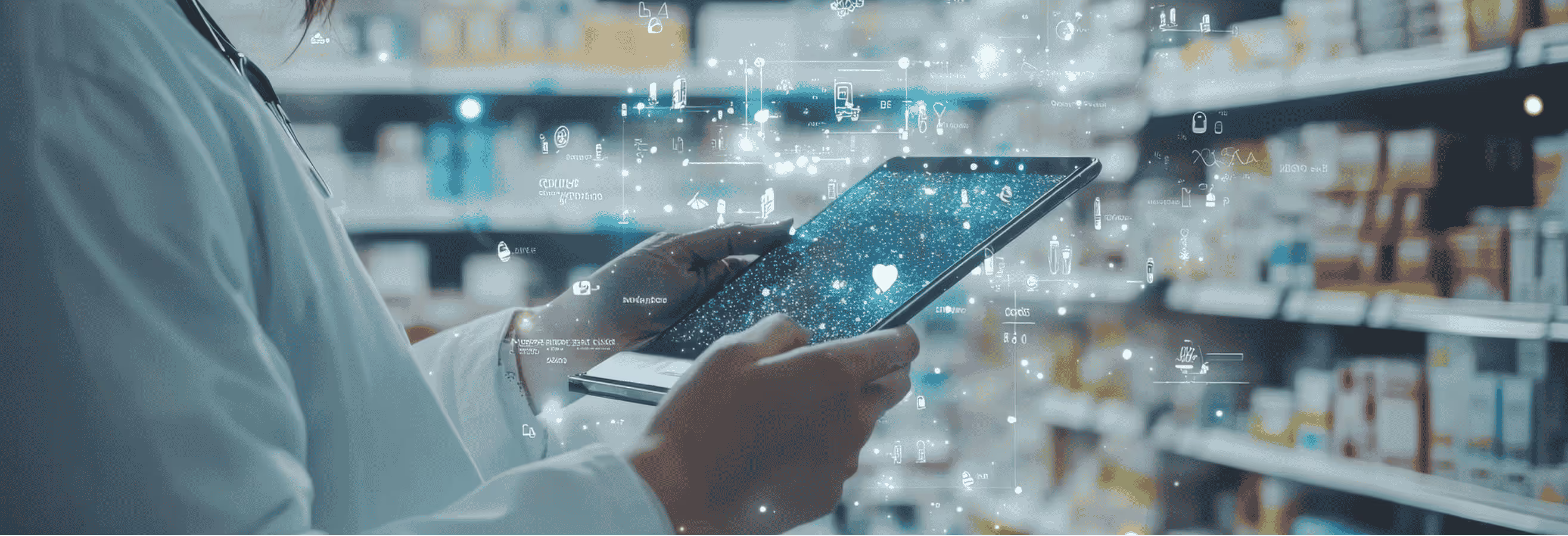





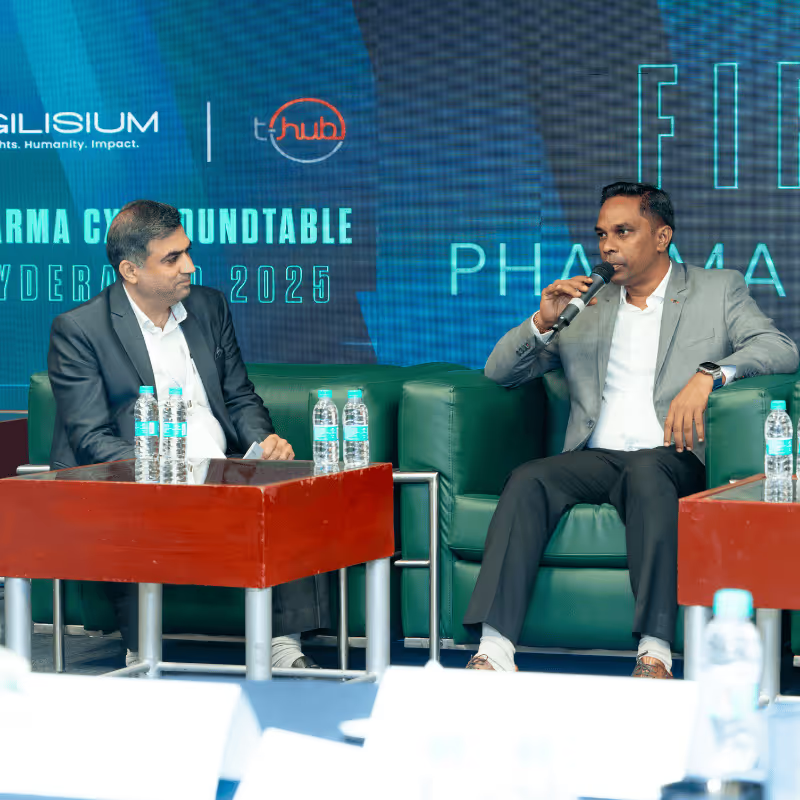


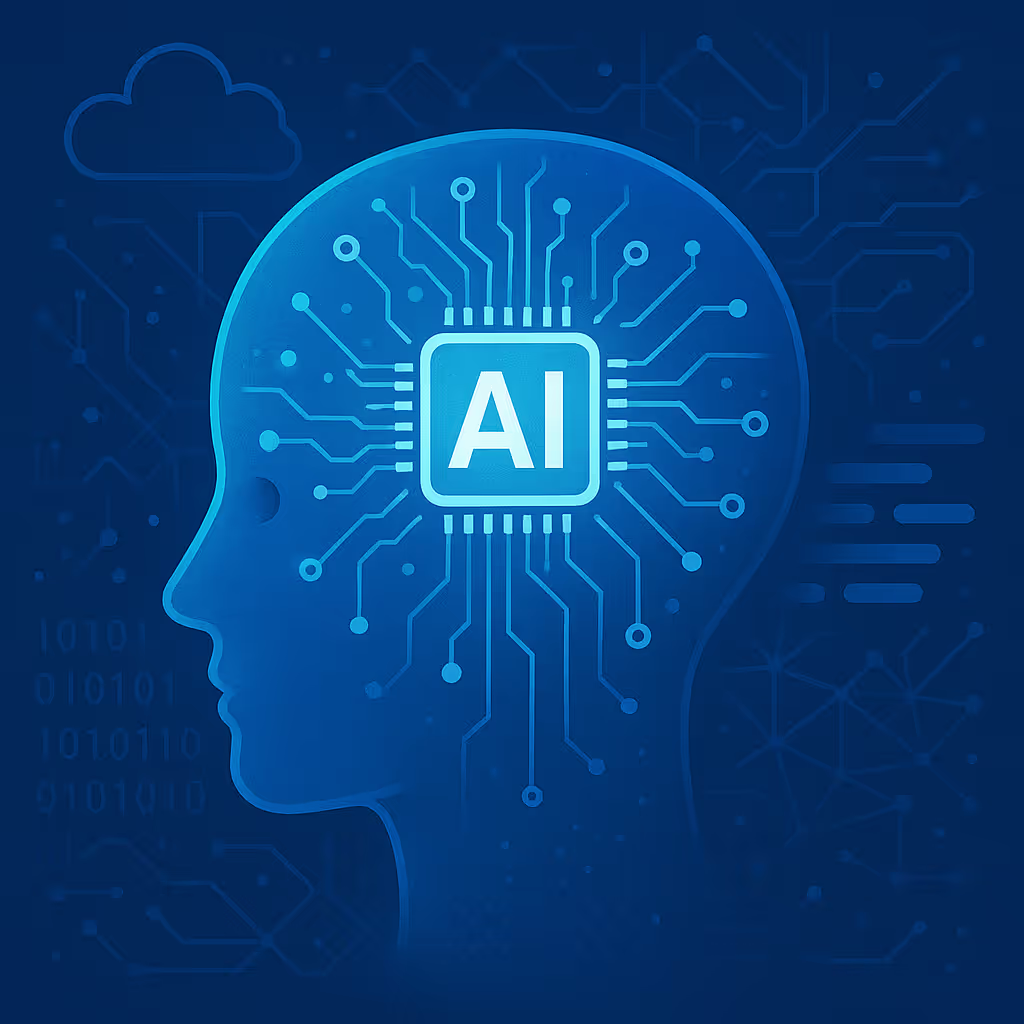


%20(7).avif)
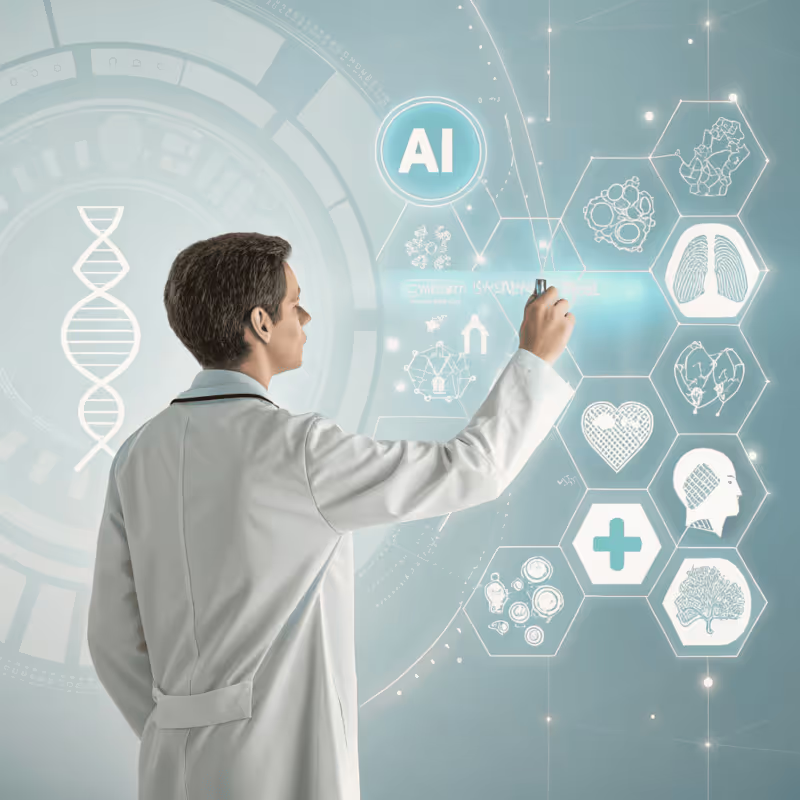



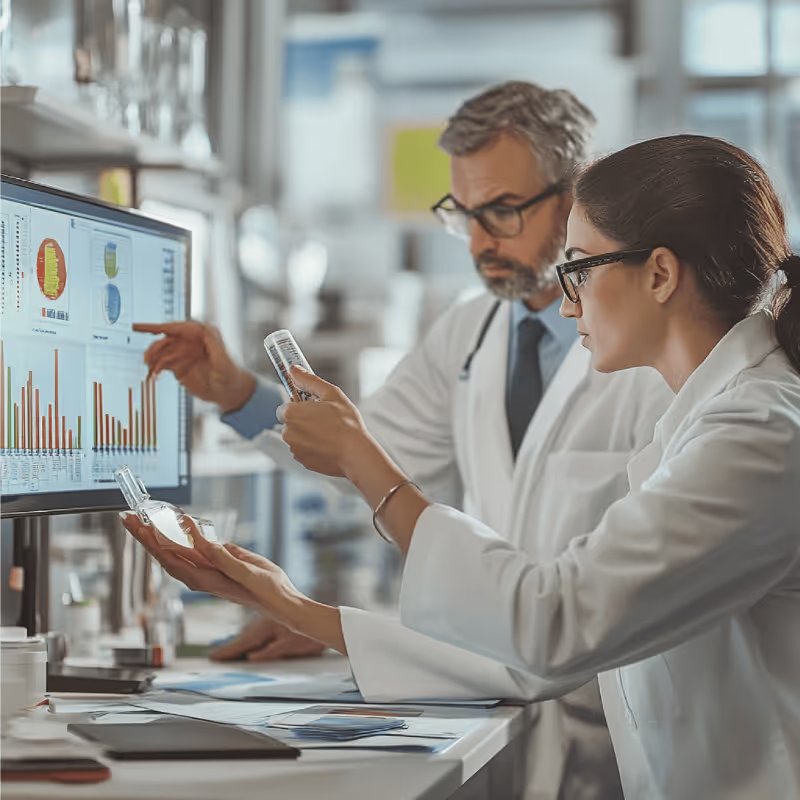














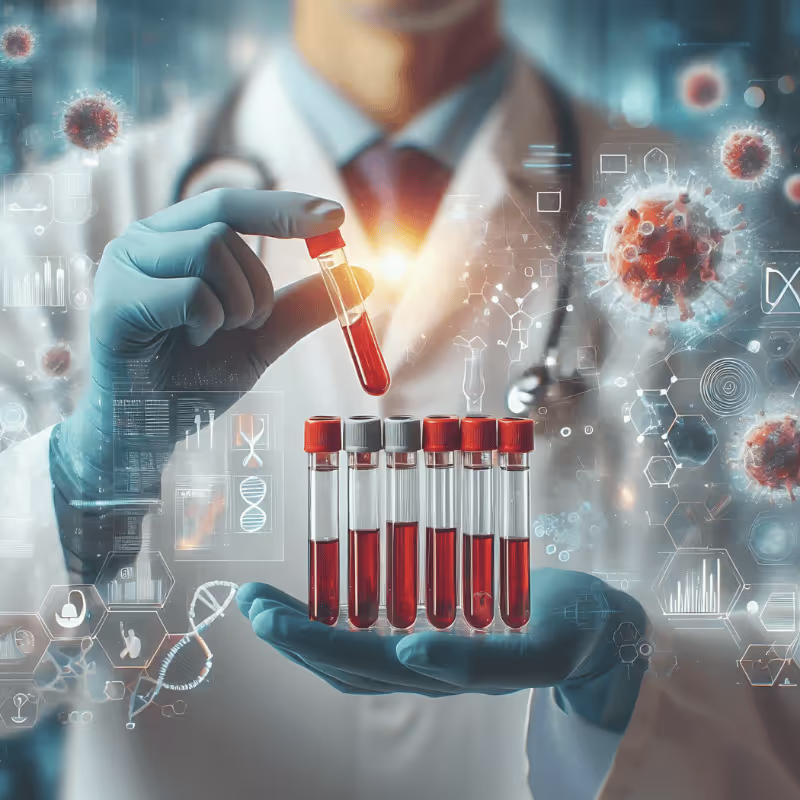


%20(5).avif)
.avif)


